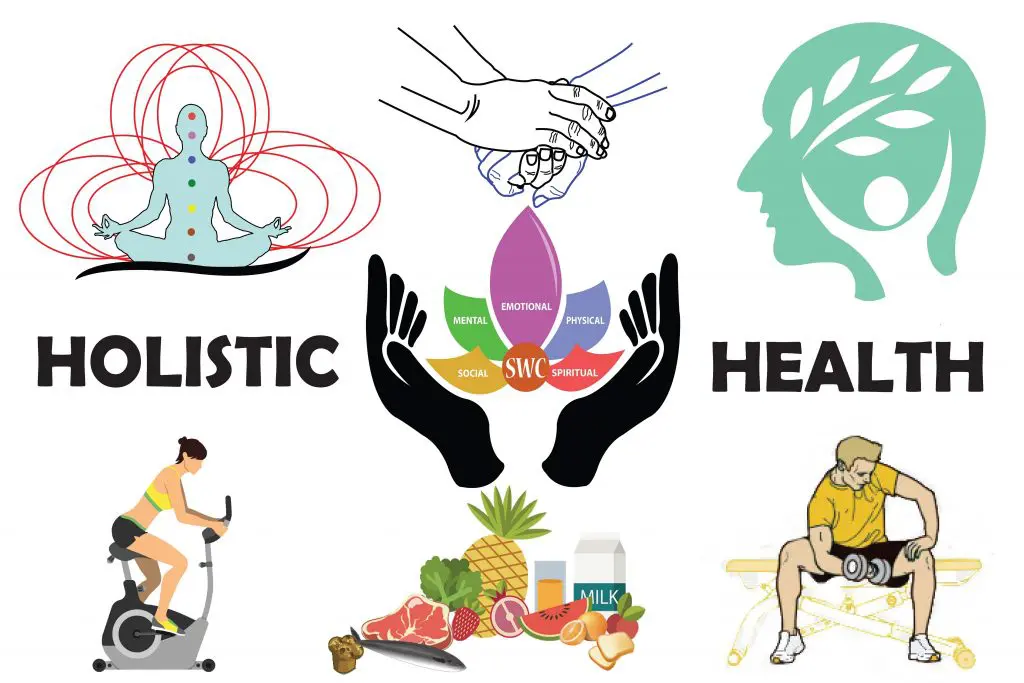
In an increasingly fast-paced and often stressful world, the pursuit of health and wellness has become more essential than ever. A holistic approach to health recognizes the interconnectedness of the mind, body, and spirit, emphasizing that true well-being transcends mere physical fitness. By integrating various dimensions of health—including emotional, social, and environmental factors—individuals can cultivate a more balanced and fulfilling life. This comprehensive perspective encourages us to view health not as a destination, but as an ongoing journey that encompasses all aspects of our existence.
Adopting a holistic approach allows individuals to personalize their wellness journeys, utilizing a diverse array of practices and techniques tailored to their unique needs. From nutrition and physical activity to mindfulness and stress management, each component plays a crucial role in achieving overall wellness. This article will explore the principles of holistic health, its benefits, and practical strategies for integrating this philosophy into daily life, empowering readers to take charge of their well-being and foster a harmonious existence.
Principles of Holistic Health
The principles of holistic health emphasize the need for a multi-faceted approach to well-being, focusing not only on physical health but also on emotional, social, and spiritual aspects. This approach encourages individuals to adopt healthy habits and make lifestyle choices that nurture all dimensions of their lives. By recognizing that mental and emotional states can significantly impact physical health, holistic practices advocate for stress reduction techniques, community connections, and self-care routines that resonate with personal values and beliefs. Resources such as the website offer insights and guidance on integrating these principles effectively into daily living.
Benefits of a Holistic Approach
The benefits of a holistic approach to health are numerous and profound. Individuals often experience enhanced energy levels, emotional resilience, and a greater sense of purpose as they align their lifestyles with holistic principles. Engaging in regular physical activity, practicing mindfulness, and fostering meaningful relationships can lead to a more balanced life, reducing feelings of isolation and anxiety. Furthermore, embracing a holistic perspective cultivates awareness of how personal choices impact not only individual well-being but also the wider community and environment, leading to a more sustainable and integrated lifestyle.
In conclusion, embracing a holistic approach to health and wellness empowers individuals to navigate their unique journeys toward well-being in a comprehensive and meaningful way. By recognizing the interplay between mind, body, and spirit, one can cultivate a lifestyle that nurtures all dimensions of health—physical, emotional, social, and spiritual. This perspective not only enhances personal resilience and fulfillment but also fosters a deeper connection to the community and environment. As we prioritize self-care, mindful practices, and authentic relationships, we create a ripple effect that promotes collective well-being. Ultimately, the holistic approach serves as a guiding philosophy, reminding us that true health is an ongoing journey of growth, balance, and harmony in every aspect of our lives.



